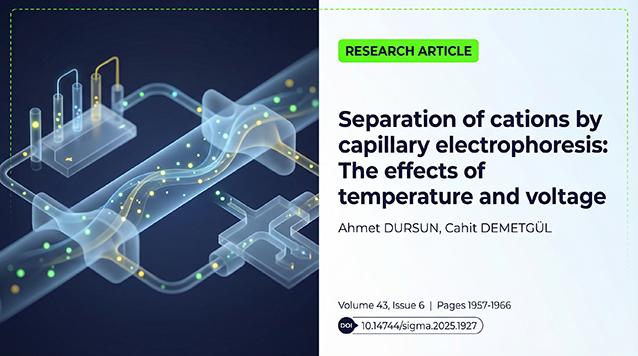2Department of Biology, Institute of Graduate Studies in Sciences, Istanbul University, Istanbul, 34134, Türkiye; Vocational School of Health Services, Uskudar University, Uskudar, Istanbul, 34664, Türkiye
3Department of Metallurgical and Materials Engineering, Faculty of Chemistry-Metallurgy, Yıldız Technical University, Istanbul, 34220, Türkiye
4Department of Biology, Faculty of Science, Istanbul University, Istanbul, 34134, Türkiye
Abstract
One of the most common problems encountered in the oil industry is the microbiologi- cally induced corrosion (MIC) of steel equipment by the produced water (PW). In this aspect, PW sample, which is known to contain microorganisms, was taken from Adıyaman oil field and used in corrosion tests of N80 tubing steel. Two different laboratory scale systems, test (with non-sterile PW) and control (with sterile PW), were set up and operated at 70°C over 720 h. For corrosion analysis, the coupons were removed from the laboratory-scale systems at certain time intervals and, gravimetric and electrochemical analyses were carried out. The surface of the coupons was examined by scanning electron microscopy (SEM). The corrosion rates of the test coupons obtained from gravimetric analyses were higher than the control ones during the experiment, and the test coupons were 1.46 times more corroded at the end of the experiment. Additionally, it was determined that the current values of the test coupons were significantly higher than those in the control system (p<0.05). The results of corrosion analyses pointed out that N80 steel was corroded microbiologically. SEM analysis showed that microorganisms were present among the corrosion products. The corrosion data obtained from the control system also indicated that the PW was aggressive for N80 steel.
















